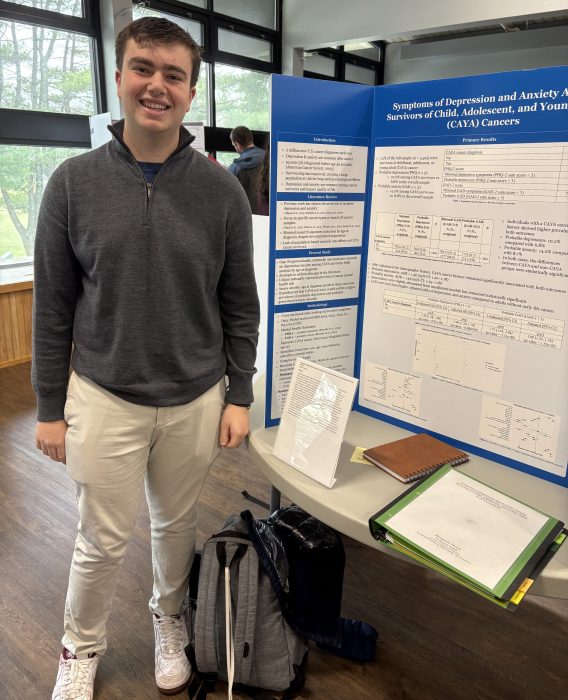It may be too early to tell the impact of President Donald Trump’s Big Beautiful Bill on local hospitals and nursing homes.
Health organizations like Northwell Health, the largest physician group in the New York area, say it is currently looking into the potential impacts of the bill. Others, like Catholic Health, which oversees six Long Island acute care hospitals and three nursing homes, say it is too soon to assess the repercussions.
NYU Langone did not comment on the matter.
But state officials have issued warnings about the bill. State Health Commissioner James McDonald said in a press release that the bill “undermines health care for millions of New Yorkers, dismantles vital services, and places our most vulnerable families in jeopardy.”
The Big Beautiful Bill was passed July 4 and will go into effect in 2027. Lawmakers voted nearly entirely along partisan lines, with the Republicans who control both the House and Senate overwhelmingly favoring the legislation and the Democrats opposed.
Long Island representatives were split, with Republicans Andrew Garbarino and Nick LaLota voting for the bill, with Democrats Tom Suozzi and Laura Gillen voting against it.
The White House said the bill will cut taxes, not tax overtime, and impose no tax on Social Security.
Federal officials say the bill protects Americans by “eliminating waste, fraud, and abuse” within the healthcare system. Yet some experts project that nationally, over 10 million additional Americans will be without health insurance by 2034, and that over $1 trillion will be cut from Medicaid within the next decade. Published reports suggest that the bill will affect hospitals nationwide.
In New York, cuts from Medicaid and healthcare programs are expected to leave around 1.5 million residents uninsured, according to officials.
“I’ve been very clear that no state can backfill the massive cuts in this bill or undo the damage Republicans just caused. But my team and I are working closely with the Legislature to brace for the impact and protect as many New Yorkers as possible,” says Gov. Kathy Hochul.
Garbarino voted in favor of the bill and said he remains concerned about the impact of the bill on the state’s Essential Plan, yet is pursuing a fix to ensure the state’s healthcare system is not harmed.
The Essential Plan provides health insurance coverage and more for New Yorkers who don’t qualify for Medicaid or private insurance. The program supplies access for preventative and primary care visits, vision and dental, and even free air conditioners for individuals with asthma. Yet it is estimated by officials that over half of the Essential Plan’s budget will be cut by the Big Beautiful Bill for a loss of around $7.5 billion in federal funding.
Suozzi has expressed serious concerns about the bill in the past, warning it will cut programs that provide necessary support to hospitals and nursing homes. “These cuts will significantly undermine the delivery of health care services,” he said, “putting access and quality of care at risk for everyone.”
Gillen echoed Suozzi’s sentiment, describing how the bill will “devastate Long Island.” Officials estimate that Nassau County alone could see a loss of close to 3,000 hospital employees as a result of the bill.
At a press conference in late May, the president and CEO of Suburban Hospital Alliance of New York State, Wendy Darwell, spoke out about the possible harmful effects of the Big Beautiful Bill.
“There will be a $150 million cut a year to hospitals in Nassau and Suffolk counties before the state responds,” Darwell said. “It’s not going to be possible for New York State to absorb a $13.5 billion hit without making cuts to benefits, to eligibility, or to providers, probably some combination of the three. You may think these cuts will hit someone else. They hit everybody.”

































